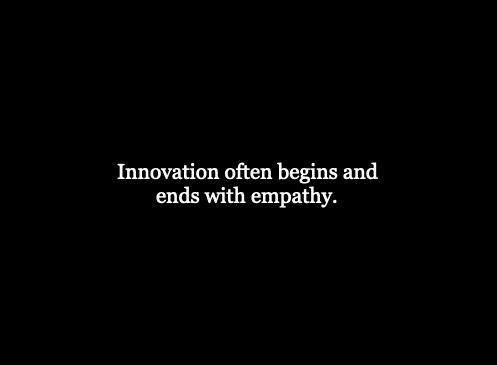I wrote the following in the introduction of “Because Of A Teacher“:
“If you look back on the beginning of your career and you’re not somewhat embarrassed, you might not have grown all that much. Embarrassment over aspects of your early career doesn’t mean you were so bad back then; it just points to the fact that you’ve learned and advanced to get where you are now. Being a learner is paramount to being an educator, and the minute we stop learning is when we should stop teaching. We can’t ask others to do what we are unwilling to do ourselves.”
To be clear, I have encountered many amazing first-year teachers that seemed to be gifted and wise beyond their years. The point isn’t that people weren’t great at their job initially, but did we continue to get better over time?
But this commitment to growth should not be exclusive to a professional capacity. Are you willing to grow personally as well? As a dad, I feel I know more now than I did before my daughter was born. Yet, I still have so much to learn and grow. Second-guessing our past decisions is not a sign of incompetence but an indicator that we are willing to get better.
I often think about the idea of whether I am willing to change my mind when presented with new information, or do I hold onto my own stubbornness? Am I more focused on being “right” than I am committed to getting better?
One of the things that I am proud of in my work is that I can look back at my blog over the years, look at what I thought “then,” and challenge myself to consider what I think now. There are certain elements of my presentations where I think about what I am sharing and how it has changed based on feedback I have received from people that have had the opportunity to have conversations that have challenged me to either “rephrase” or “rethink” not only what I am sharing, but also, how I am sharing it.
Here are some things I think are worth considering as an educator.
What is something that you do or think now that is different than before?
What changed it, and how did you get to a new thinking and/or practice?
There are a few reasons I think these questions are important to consider.
1. Finding those examples of growth reminds us that we have developed our thinking over time, which also means that what you think/believe now can also change.
2. This also makes us more empathetic to others who are on their own timeline for growth. I used to think everyone should have the same view of technology as I did at one point. Now, I know others were more advanced in their thinking at one point than I was, and they guided me along in a way that helped me make my own connections, not connections that someone else’s perspective forced into me at that moment. This leads to the final point.
3. What if I am wrong? Not, what if others “are wrong” for not doing what I think they should be doing at this point, but trying to understand what am I not seeing or what perspective am I missing at this time? This is something that I have thought about a lot lately, and it has helped me to a) listen more and b) ask more questions to further my own understanding of different perspectives. This is crucial not only in education but in all learning.
As I wrote in “The Innovator’s Mindset,” we have to ask, “How do we move people from their point A to their point B?”
To do that, we must consider where their journey begins rather than focusing solely on what we want their endpoint to be.
